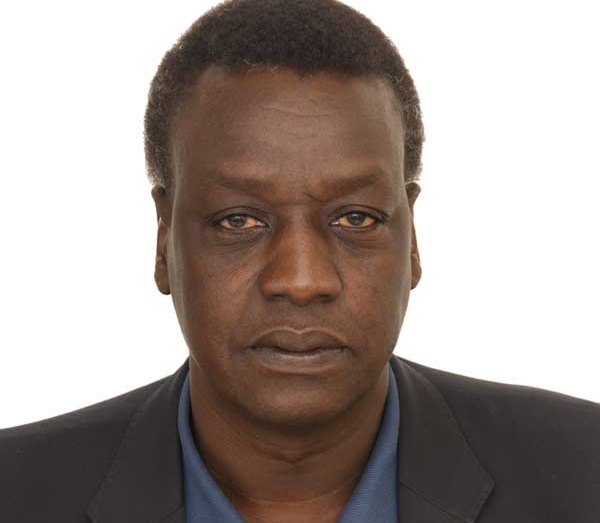Although he is my highly respected elder brother, my views on what he is doing in Khartoum are based on my objective assessment of the current affairs in Abyei and South Sudan. Dr Francis came at the time when we need him most to find opportunities in the middle of crisis and despair as part of his ideas of Strategic Optimism, Opportunity in Crisis and Constructive Engagement and Self-Determination as Self-Administration.
Dr Francis with Gen. Mahdi Babu issued a Joint Statement that provides a broad framework for Abyei Stabilization Agenda aimed at establishing effective and comprehensive security guarantees to facilitate the return of internally displaced persons (IDPs) to their home areas, accompanied by the delivery of essential services, generation of development activities and consolidation of peaceful coexistence and cooperation with the neighboring communities to the South and North, especially the Missiriya.
They also agreed on the Abyei Stabilization Action Plan that outlines principles for the practical implementation of the Stabilization Agenda, elaborates on the required administrative structures, inter-communal arrangements for ensuring peaceful coexistence and cooperation, generates resources for humanitarian assistance and socio-economic development, and undertakes a campaign to sensitize the communities to the Stabilization Initiative. It seems the two countries as well as international community are ready to support such plan.
Why I support such initiatives by Dr Francis? First, my reading of situation in South Sudan is not encouraging as I see bleak future even if the parties concluded the peace agreement in Khartoum. Secondly, the plan makes the government of Sudan and Misseriya to recognize the area of Ngok Dinka as defined by the ruling of the Hague Abyei International Arbitration. Third, it is for the first time that Sudan Government and Misseriya accepted for the Ngok Dinka to govern themselves and the two administrations of Ngok Dinka and Misseriya to work together to promote coexistence of the two communities. Finally, these initiatives have no effect on the final status of Abyei Area as provided for in the CPA, the 2012 AU Proposal on the final status of Abyei area and the outcome of the community referendum. This is what our people in Abyei area need most; particularly after the emergence of Amiet Market.
Concerning the diplomatic passport granted to Dr Francis by Khartoum and its implications for the final status of Abyei and stabilization program, certainly Dr Francis does not need such passport as he has South Sudan diplomatic passport and US passport. It seems this passport was offered to Dr Francis as a former deputy minister of foreign affairs of Sudan and he did not request it. In the same way Deng Alor, Chol Deng and Lam Akol are entitled to diplomatic passport of Sudan as former ministers of foreign affairs of Sudan as well as Dr Mansur Khalid may be entitled to diplomatic passport of South Sudan as a former minister of Sudan.
Should Dr Francis turn down the offer of diplomatic passport? People may have different opinions. Some may argue that it would be diplomatically inappropriate for Dr Francis to reject such offer and others may argue that he should reject such offer because of its political implications. I am sure Dr Francis will not be using such passport that may pose for him more security challenges. For me the issue of diplomatic passport should not dilute the much-appreciated efforts exerted by Dr Francis in Khartoum.
The author, Dr. Luka Biong Deng Kuol, is a Global Fellow of Peace Research Institute in Oslo (PRIO).
The views expressed in ‘opinion’ articles published by Radio Tamazuj are solely those of the writer. The veracity of any claims made are the responsibility of the author, not Radio Tamazuj.




